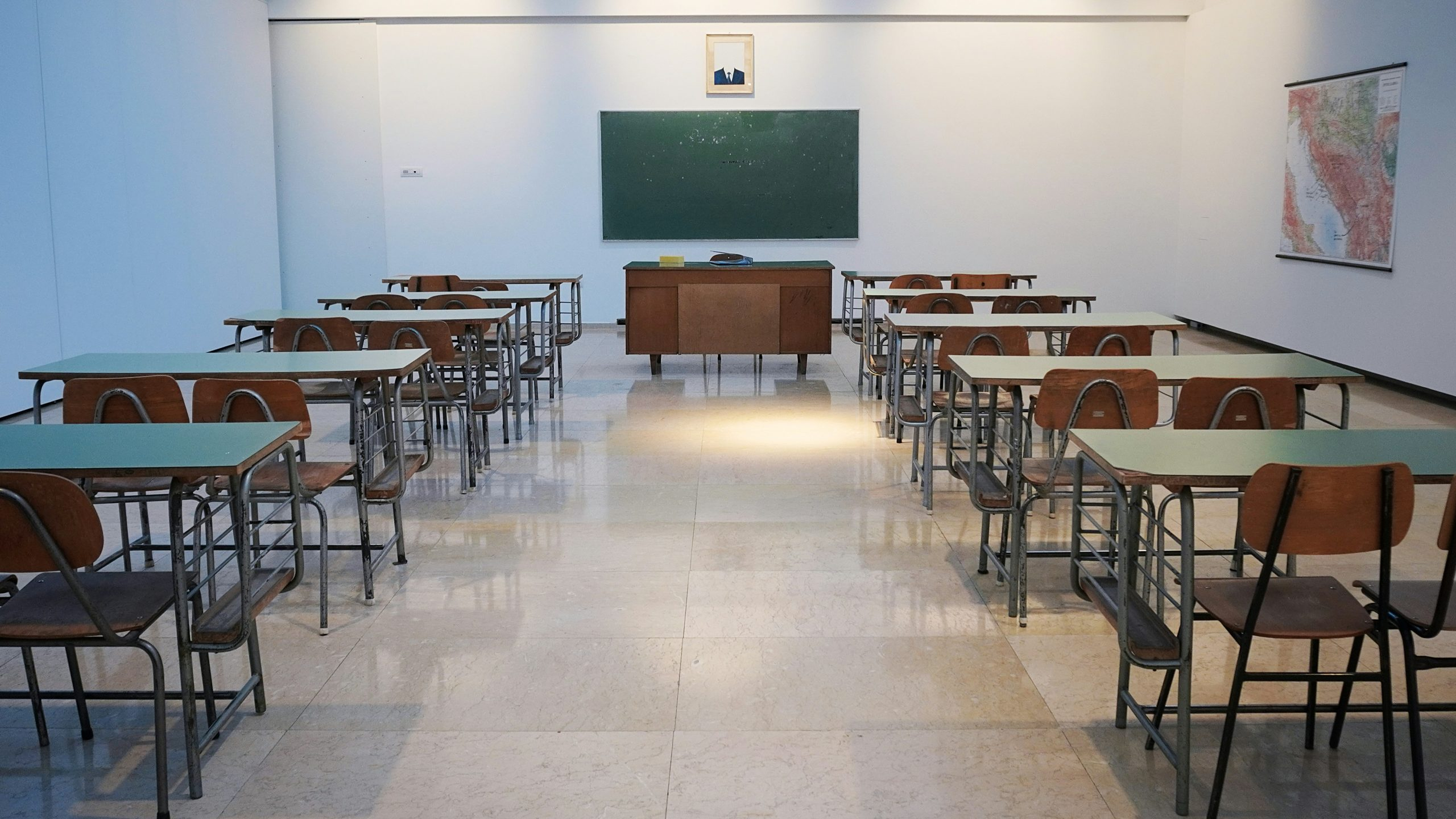Why Interdisciplinary Approaches Will Reshape Education
When we think of education, we often think of it as a structured system with subjects divided into distinct categories – math, science, history, language arts, and so on. However, as the world rapidly evolves and new challenges arise, it’s become clear that this traditional approach to education is no longer enough. The future calls for a more holistic approach, one that breaks down the barriers between subjects and encourages collaboration between fields. This is where interdisciplinary approaches come into play, and why they are poised to reshape education as we know it.
The Limitations of Traditional Education
Before we delve into the benefits of interdisciplinary education, it’s crucial to understand the limitations of the traditional model. The traditional model of education is rooted in the Industrial Revolution, where students were trained to fit into specific roles in the workplace. This led to a focus on developing a narrow set of skills and knowledge within a single subject.
While this approach may have suited the needs of the past, it is no longer enough to prepare students for the future. In today’s interconnected world, problems and challenges are multifaceted and require a range of skills and perspectives to be properly addressed.
The Power of Interdisciplinary Education
Interdisciplinary education involves the blending of two or more academic disciplines to create a more comprehensive learning experience. It encourages students to think beyond the boundaries of a single subject and to approach problems from different angles.
By incorporating multiple subjects, interdisciplinary education builds connections between different fields, allowing students to see the interconnectedness of seemingly separate topics. For example, a project that combines history, science, and literature could explore the impact of technology on society throughout different periods of time. This type of project not only helps students better understand the world, but also helps them develop critical thinking skills that will be invaluable in their future endeavors.
The benefits of interdisciplinary education extend beyond just academic growth. By working with students from different backgrounds, students learn to collaborate, communicate, and problem solve with others who have different perspectives and skill sets. These are crucial skills in today’s globalized and diverse society, making interdisciplinary education a valuable tool for preparing students for the real world.
How Interdisciplinary Approaches Reshape Education
Breaking Down the Silos
One of the main ways that interdisciplinary approaches reshape education is by breaking down the silos between subjects. Too often, students are only exposed to one way of thinking within their chosen subject, leading to a narrow perspective. By combining multiple subjects, students are encouraged to think more creatively and holistically.
Cultivating Interest and Engagement
Interdisciplinary projects allow students to explore topics that pique their interest, making learning more engaging and relevant. It gives students the opportunity to apply what they have learned in one subject to another, sparking curiosity and deepening their understanding of both subjects.
Preparing for the Future
The future is unpredictable, and we don’t know what challenges our students will face. Interdisciplinary approaches to education empower students to think outside the box and tackle complex problems with the knowledge and skills they have gained from multiple disciplines. This prepares them to be adaptable and innovative, crucial qualities in the ever-changing landscape of the job market.
In Conclusion
The traditional model of education is becoming outdated, and interdisciplinary approaches are emerging as the way forward. By breaking down subject barriers, fostering collaboration and cultivating curiosity, interdisciplinary education prepares students for a future where different disciplines are increasingly interconnected. It’s time to embrace these approaches and reshape education to better equip the students of today for the world of tomorrow.











